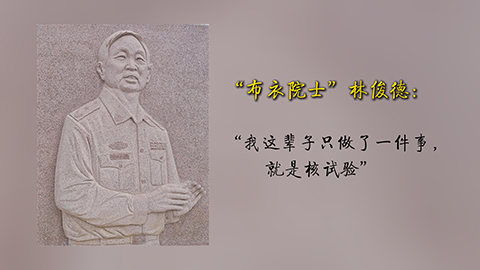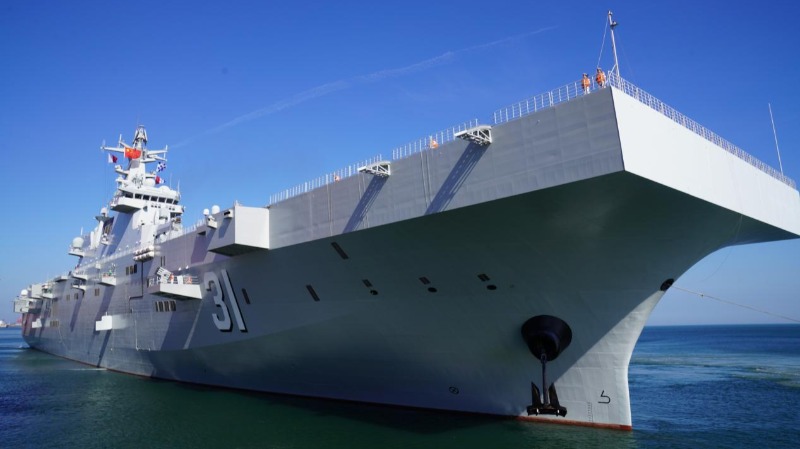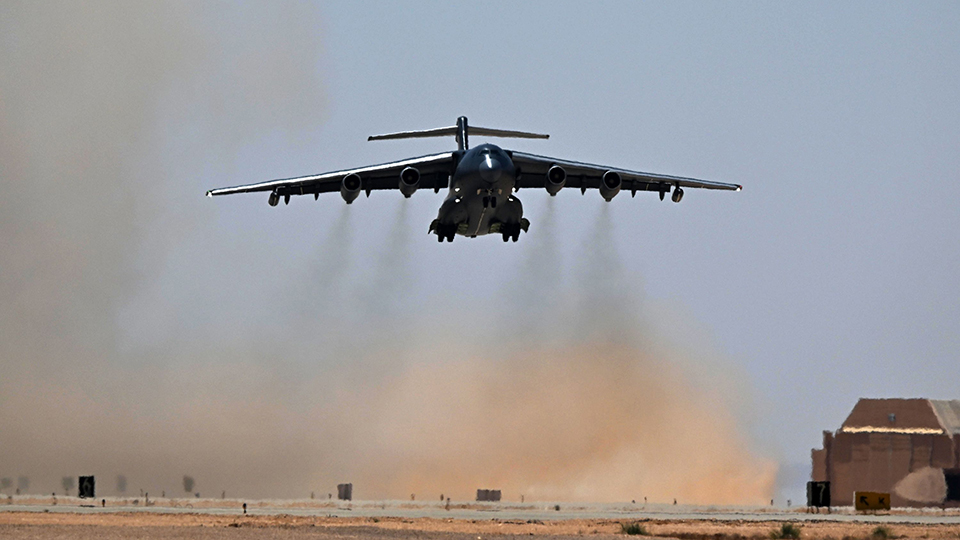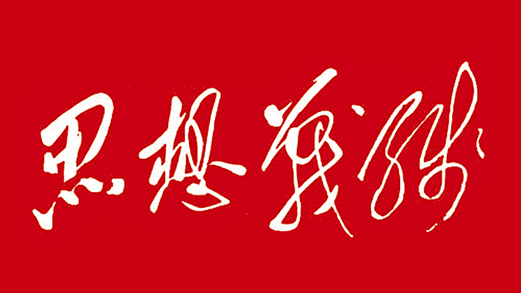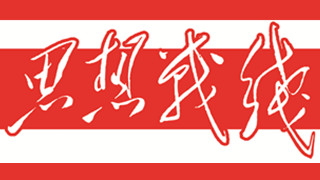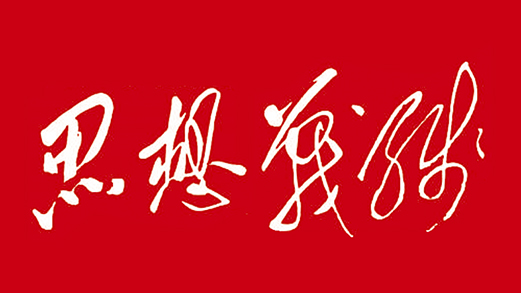By Sun Shaohong, Tian Yu
孙绍红 田瑀
Japanese Defense Ministry recently released information that it had signed a 3-billion-Yen deal with the US to sell it the Patriot ground-to-air missiles possessed by JASDF, arousing close attention in the international community. Analysts said the weapon export deal once again revealed Japan's attempt to continuously hollow out the Pacifist Constitution and shake off the post-WWII military restrictions on it. This extremely dangerous tendency will destabilize the international security situation and tilt the regional military balance.
日本防卫省日前发布消息称,日本已与美国签署价值30亿日元的导弹出售协议,向美方出售日本航空自卫队所持有的“爱国者”地对空导弹。日本此举引发国际社会关注。有分析人士指出,对外售武再次暴露日本不断架空和平宪法、突破战后军事禁区的图谋。这种极其危险的行径,也将对国际安全格局和地区军事力量平衡造成冲击。
Japan, a losing party in WWII, established three principles on weapon export in the 1960s. In 1981, the National Diet of Japan passed a resolution on weapon export that completely prohibited the country's export of weapons. However, with the changing international situation and the increasingly right-leaning domestic politics, Japan has been loosening its weapon export ban with all kinds of excuses.
作为二战战败国,上世纪60年代日本确立“武器出口三原则”,1981年日本国会通过《关于武器出口问题的决议》,日本实际上成为完全禁止武器出口的国家。然而,随着国际局势变化和国内政治右倾化加剧,日本以各种借口“暗度陈仓”,一再放宽武器出口限制。
After the Abe administration rolled out the Three Principles on Transfer of Defense Equipment and Technology in 2014, Japan has quickened its steps of breaking the weapon export restrictions and lifting the ban. In 2022, it revised the principles to allow the export of such military supplies as bullet-proof vests to Ukraine. In January 2023, it signed the MoU on Security of Supply Arrangements(SOSA) with the US, establishing a cooperative framework of mutual priority and guarantee to ensure the stable supply of military equipment and supplies to each other. In December 2023, Japan again revised the three principles and their implementing guideline to allow the export of missiles and other destructive weapons. In March this year, the country revised the implementing guideline once again to allow the export of fighters to third countries.
自2014年安倍政府出台“防卫装备转移三原则”后,日本在武器出口领域加速寻求突破,持续推动解禁武器出口。2022年,日本修改关于转移防卫装备的原则,允许向乌克兰出口防弹背心等物资;2023年1月,日美签署《供应安排安全谅解备忘录》,建立了两国间相互优先保障装备稳定供应的合作框架;2023年12月,日本修改“防卫装备转移三原则”及其实施方针,允许出口导弹等具有杀伤能力的武器;今年3月,日本再次修改这一实施方针,允许向第三国出口战斗机等。
Selling parts and components of ground-to-air missiles to the US, co-developing fighter-borne air-to-air missiles with the UK, and providing military equipment for the Philippines and other countries – Japan is obviously taking bigger steps in weapon export. The latest missile export to the US marked the first time it exported weapons of destructive capability, a new sign of its expanded weapon export. There are many reasons behind Japan's unremitting efforts to lift the weapon export ban and make dangerous attempts.
在此背景下,从向美国出口地对空导弹零部件,到与英国联合研发战斗机用空对空导弹,再到向菲律宾等国提供军事装备,日本在武器出口领域的步子越迈越大。此次向美国出口导弹,是其首次出口具有杀伤能力的成品武器,为其扩大武器对外出口又撕开了一个口子。日本如此不遗余力解禁武器出口政策,并且不断进行危险尝试,背后有着多重考量。
First, Japan wants to relieve its economic pressure by promoting weapon exports. Japan's defense budget for the fiscal year of 2024 stands at around 7.95 trillion Yen, a year-on-year increase of 16.9% and growing for the 12th consecutive year, adding much strain to the country's consistently sluggish economy. At the moment, Japan's more than 1,000 defense-related enterprises, including Mitsubishi Heavy Industries and Kawasaki Heavy Industries, provide over 90% of the JSDF's weapons and equipment, yet their defense products account for less than 10% of their total output. Now that Tokyo allows exporting missiles to the US, it can take the opportunity to sell its missiles, fighters, and ammunition to more countries for profits, thus reinvigorating the domestic defense industry and boosting the economy.
首先,意在“以武促经”,缓解经济压力。日本2024财年防卫预算约为7.95万亿日元,同比增长16.9%,实现连续12年增长,这无疑对其长期低迷的经济造成巨大负担。目前,日本有包括三菱重工、川崎重工等在内的1000多家涉及防卫领域的企业,为自卫队提供90%以上的武器装备,但这些企业的防卫产品占总产品的比重却不足10%。此次向美国出口导弹的口子一开,日本便可向更多国家销售其生产的导弹、战斗机及弹药等武器装备,获取出口利润,从而激活国内防卫产业,提振其经济发展。
Second, Japan wants to improve its R&D capability and unleash productive potential. Weapons and equipment are difficult to develop and costly to produce. Increasing weapon export will give Japan more capital, reduce the R&D and production costs, and unleash the productive potential of defense enterprises. At the same time, Japan intends to enhance those enterprises' R&D capability by increasing weapon export, not only addressing their chronic problems of small scale and high cost, but also gaining the production and R&D capability of some high-tech weapons and equipment by cooperating with the US and other countries, and arming the JSDF with more advanced weapons.
其次,提高研发能力,释放生产潜力。当前,武器装备的研发难度系数大,生产成本高昂。日本加大武器装备出口,有助于回笼资金,摊薄研发和生产成本,释放防卫企业的生产潜力。同时,日本有意借此提升防卫企业的研发能力,解决长期以来防卫生产规模小、造价高等弊端,并可在与美国等国的合作中,获得部分高技术武器装备的生产和研发能力,为日本自卫队配置更先进的武器装备。
Third, Japan also hopes to tighten its military ties with the US through in-depth cooperation. The US has been unscrupulously promoting the so-called "major-country competition" and accelerated the loosening of military noose on Japan in recent years. As America's shortage of arsenal stock and production capacity become more prominent, Japan has acted as its "defense supplier", which has intensified their military ties and enhanced their ability to interfere in regional affairs together.
此外,推进深度合作,加强军事捆绑。近年来,美国肆意推行所谓“大国竞争”,不断加快对日军事松绑。随着美国武器库存和生产能力不足的问题不断凸显,日本开始充当“国防外包商”,进一步强化日美双方的军事捆绑,提升联合干预地区事务的能力。
Weapon export concerns a country's direction of development. Japan's constant deviation from the "exclusively defense-oriented policy" and its export of weapons, even destructive ones, have gone wildly away from the path of peaceful development and will continue to worsen regional tension, calling for high vigilance from the international community. The Japanese government should deeply reflect on its historical crimes, stick to the path of peaceful development, stop finding excuses for its military buildup, and take solid actions to gain the trust of its Asian neighbors and the world in general.
武器出口问题事关国家发展方向。日本不断突破专守防卫原则,对外出口武器,甚至是杀伤性武器,严重背离和平主义道路,持续加剧地区紧张局势,国际社会对此必须高度警惕。日本政府应深刻反省历史罪责,坚持走和平发展道路,停止为自身强军扩武寻找借口,以实际行动取信于亚洲邻国和国际社会。










